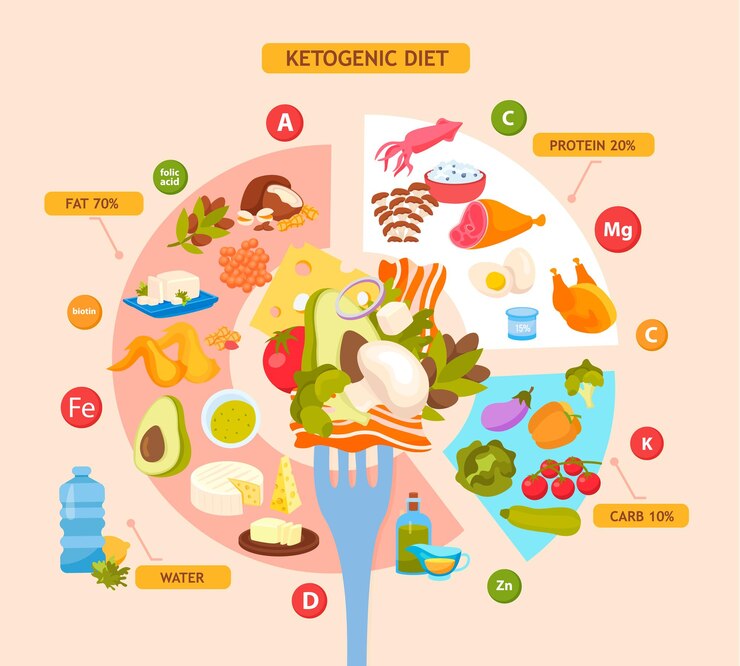Bone health is essential for overall well-being, and various nutrients play a critical role in maintaining strong and healthy bones. Among these, Vitamin K2 stands out for its unique ability to regulate calcium deposition in the bones and teeth, preventing it from accumulating in the arteries and soft tissues. This article delves into the significance of Vitamin K2 in bone health, highlighting its functions, sources, and benefits.
Functions of Vitamin K2
-
Calcium Regulation:
-
Vitamin K2 activates osteocalcin, a protein produced by osteoblasts, which helps bind calcium to the bone matrix.
-
It also activates matrix GLA protein (MGP), which prevents calcium from depositing in blood vessels and soft tissues, thereby protecting against vascular calcification.
-
-
Bone Mineralization:
-
Vitamin K2 is essential for the proper mineralization of bones, enhancing bone density and strength.
-
It ensures that calcium is effectively utilized for bone-building rather than being deposited in arteries.
-
Benefits of Vitamin K2 for Bone Health
-
Prevention of Osteoporosis:
-
Adequate levels of Vitamin K2 are associated with a lower risk of osteoporosis, a condition characterized by weak and brittle bones.
-
It supports bone density and reduces the likelihood of fractures.
-
-
Improved Bone Density:
-
Vitamin K2 supplementation has been shown to improve bone mineral density in individuals with low bone mass.
-
It plays a pivotal role in maintaining bone integrity, particularly in postmenopausal women who are at higher risk for osteoporosis.
-
-
Reduction of Bone Fractures:
-
Studies indicate that Vitamin K2 can reduce the incidence of bone fractures by enhancing bone strength and resilience.
-
Sources of Vitamin K2
-
Dietary Sources:
-
Fermented Foods: Natto (fermented soybeans) is one of the richest sources of Vitamin K2.
-
Dairy Products: Cheese, especially hard and fermented varieties like Gouda and Swiss, contain significant amounts of Vitamin K2.
-
Animal Products: Egg yolks, liver, and meat (particularly from grass-fed animals) provide Vitamin K2.
-
-
Supplements:
-
For individuals who have difficulty obtaining sufficient Vitamin K2 from dietary sources, supplements are available in the form of MK-4 (menaquinone-4) and MK-7 (menaquinone-7), with MK-7 being the more bioavailable and longer-acting form.
-
Ensuring Adequate Intake of Vitamin K2
-
Balanced Diet:
-
Incorporate a variety of Vitamin K2-rich foods into your diet to ensure adequate intake.
-
Include fermented foods, dairy products, and organ meats regularly.
-
-
Supplementation:
-
Consider Vitamin K2 supplements, especially if dietary intake is insufficient or if you have a higher risk of bone-related issues.
-
Consult with a healthcare provider to determine the appropriate dosage and form of Vitamin K2.
-
-
Synergistic Nutrients:
-
Vitamin K2 works synergistically with Vitamin D and calcium. Ensure adequate intake of these nutrients to maximize bone health benefits.
-
A well-rounded diet with leafy greens, dairy, and fish can help maintain balanced nutrient levels.
-
Vitamin K2 is vital for maintaining bone health by ensuring the proper utilization of calcium in the body. Its role in activating key proteins involved in bone mineralization and preventing arterial calcification makes it essential for preventing osteoporosis and improving bone density. By incorporating Vitamin K2-rich foods into your diet or considering supplementation, you can support your bone health and reduce the risk of fractures and bone-related disorders.




